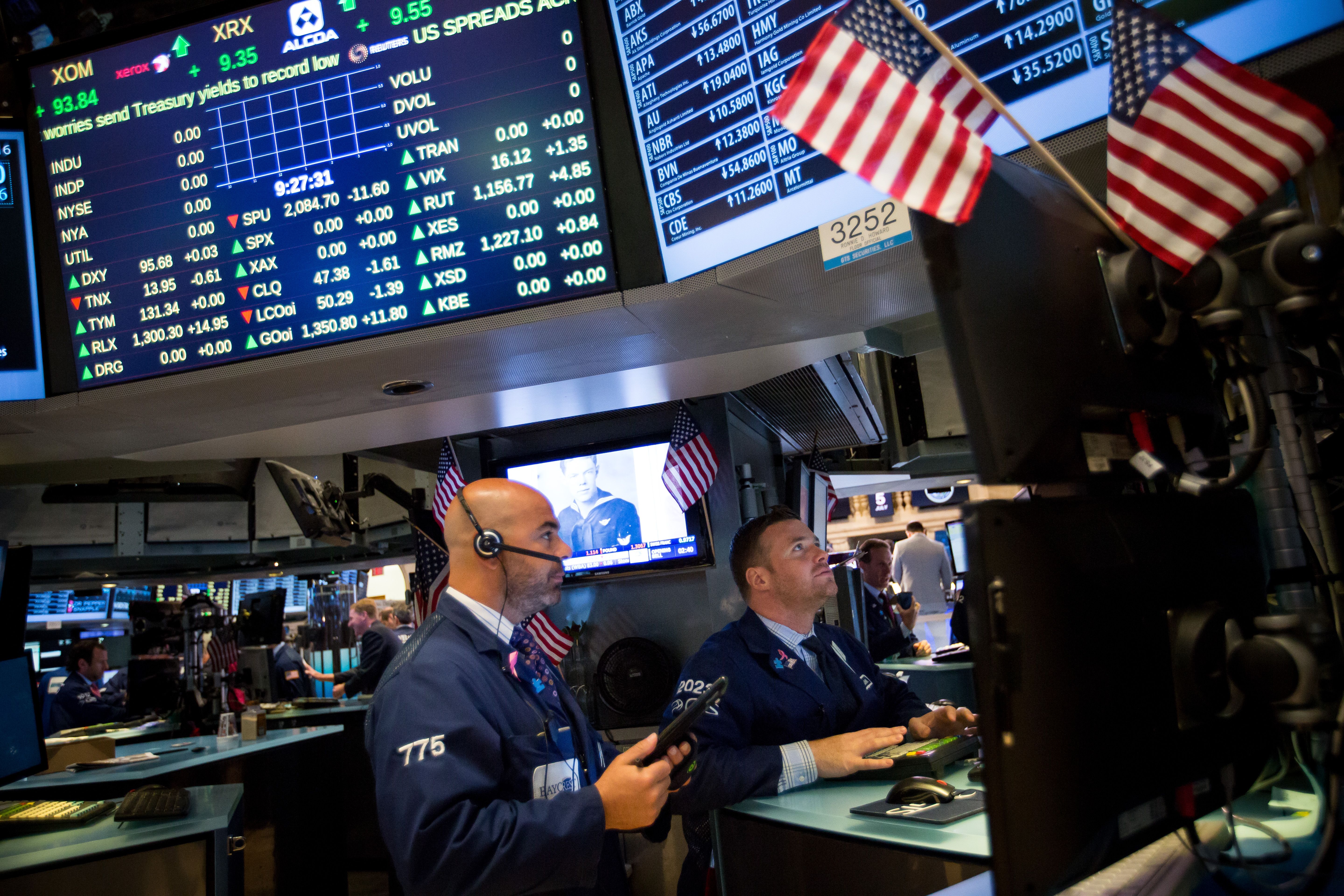World stocks edged higher on Wednesday, December 28, as a strong rally in commodities buoyed expectations for a strong year for the global economy in 2018 and helped mitigate concerns over the technology sector triggered by reports of soft iPhone X demand.
Oil and copper prices rocketed to multi-year highs, pushing the MSCI world equity index, which tracks shares in 47 countries, 0.1 percent higher.
While oil prices were strengthened largely because of an attack on a crude pipeline in Libya, the surge in copper was particularly eye-catching as the metal is seen as a proxy for global growth.
“The rally in copper supports expectations that 2018 is going to be a strong year for synchronised global growth,” said Greg McKenna, chief strategist at AxiTrader.
London copper rose to its highest in nearly three-and-a-half years on expectations of stronger demand from top consumer China in 2018.
Asian shares climbed 0.3 percent to near a recent one-month high, though it was more of a mixed picture in European stock markets.
While mining and oil stocks strengthened, the pan-European STOXX 600 slipped 0.1 percent as European tech stocks tumbled on reports that demand for Apple’s iPhone X may be weaker than expected.
According to Taiwan’s Economic Daily, citing unidentified sources, Apple will slash its sales forecast for its flagship phone in the current quarter to 30 million units, down from what it said was an initial plan of 50 million units.
The report, along with some recent brokerage calls on tepid iPhone X demand, made Apple shares sink 2.5 percent, their worst single-day percentage fall since Aug. 10.
Meanwhile, rising oil prices — U.S. crude hit $60 a barrel for the first time since mid-2015 — boosted currencies that trade in line with commodities prices.
The dollar eased against a basket of currencies and fell against the euro on Wednesday in thin holiday trading, while a rally in commodity prices helped push the Canadian and Australian dollars to their highest levels in two months.
Though world stocks were up on the day, there was still an undercurrent of nervousness in the market which saw some safe haven flows into high-rated euro zone government bonds, pushing their yields a touch lower.
“Geo-political risks have notched a little higher, supporting rates markets,” said Mizuho’s head of rates Peter Chatwell, referring in particular to a renewal in tensions around North Korea.
The United States announced sanctions on two North Korean officials behind their country’s ballistic missile program on Tuesday after the U.N. Security Council unanimously imposed new sanctions on North Korea last week.
“The North Korean statement that U.N. sanctions are an act of war is, as tends to be the case, an exaggeration, but nevertheless the market has no choice but to price it. Some safe haven positioning is a natural reaction,” said Chatwell.













